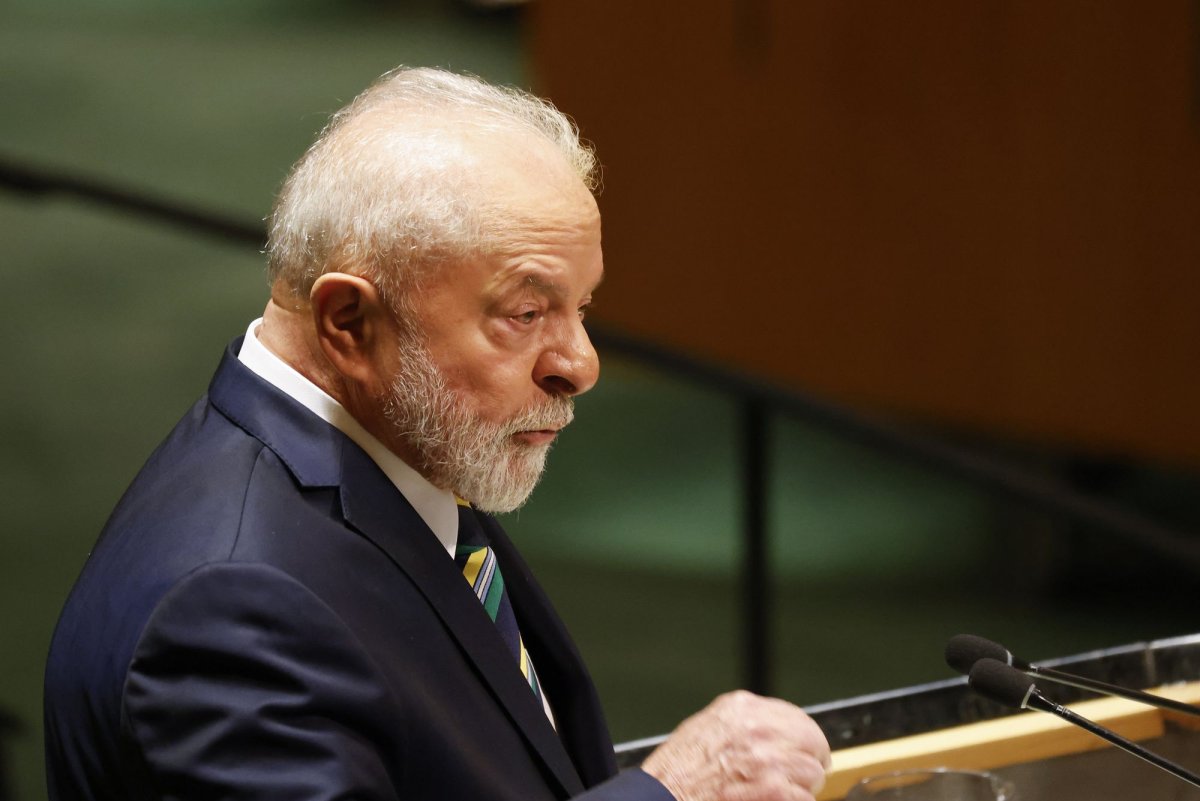
Recent trade developments indicate a significant shift in U.S. trade policy, with several nations facing new tariffs imposed by the United States. These measures, announced recently, target a range of countries and goods, raising questions about the future of international trade relations.
New Tariffs Imposed
The United States has notified several countries about upcoming tariffs set to take effect on August 1st. These nations include:
- The Philippines: 20% tariff
- Moldova: 25% tariff
- Brunei: 25% tariff
- Algeria: 30% tariff
- Libya: 30% tariff
- Iraq: 30% tariff
These tariffs are in addition to previously announced measures affecting a broader range of trading partners. The letters sent to these nations generally contained standard language, outlining the reasons for the tariffs and potential avenues for resolution.
Brazil Targeted with Higher Tariffs
Brazil faces a more severe tariff imposition of 50%. This decision appears to be influenced by factors beyond standard trade considerations. The U.S. has expressed concerns regarding the treatment of former Brazilian President Jair Bolsonaro, referring to it as an "international disgrace."
The U.S. has also raised concerns about what it describes as "insidious attacks on Free Elections, and the Fundamental Free Speech Rights of Americans" within Brazil. Furthermore, an investigation into potential unfair trade practices by Brazil is underway, citing "unsustainable Trade Deficits against the United States" that allegedly threaten the U.S. economy and national security.
BRICS Nations and Trade
The BRICS nations (Brazil, Russia, India, China, South Africa, Egypt, Ethiopia, Indonesia, Iran, Saudi Arabia, and the United Arab Emirates) have also been subject to scrutiny regarding trade practices. While a 10% baseline tariff was previously imposed on most U.S. trading partners, including Brazil, additional tariffs have been threatened on BRICS nations. Specific tariffs have been announced for South Africa (30%) and Indonesia (32%).
Trade Surplus with Brazil
Despite the imposition of tariffs, data indicates that the U.S. currently has a goods trade surplus with Brazil, amounting to $7.4 billion in 2024. Major U.S. imports from Brazil include crude petroleum and refined petroleum products, iron and steel, machinery, and agricultural products like fruit and vegetable juices, and meats.
Conditions for Tariff Removal
The U.S. has indicated a potential pathway for countries to avoid tariffs altogether. If a nation, or companies within that nation, chooses to build or manufacture products within the United States, the tariffs will not be applied. The U.S. government has pledged to expedite approvals for such ventures, aiming for a streamlined process.
Implementation Date and Further Actions
The implementation date for these tariffs was initially set for July 9th but has been pushed back to August 1st. A previous delay of 90 days was already implemented. The U.S. has stated that no further extensions will be granted.
Tariffs outside of Brazil, range from 20% to 40%. Higher rates are imposed on Laos and Myanmar. Major trading partners like Japan and Korea face 25% duties, separate from sector-specific duties on key product categories. Recently, tariffs were imposed on imported copper, steel and aluminum.
The U.S. has reserved the right to modify these tariffs, either upward or downward, depending on the relationship with each country.
European Union Considerations
The 27-member European Union has not yet been subjected to new tariffs, but the U.S. has indicated that negotiations are not progressing favorably. The U.S. has also warned that higher rates could be imposed if retaliatory duties are implemented by other countries.
Market Response
Following the announcement of these trade measures, U.S. stock indexes initially experienced a slight dip. However, subsequent trading saw a rebound, with the Dow Jones Industrial Average, Standard and Poor's 500, and Nasdaq Composite all showing gains. The S&P 500 and Nasdaq are just off record highs.
Post a Comment for "Trump Tariff Targets Brazil Amid Bolsonaro 'Witch Hunt' Claims"